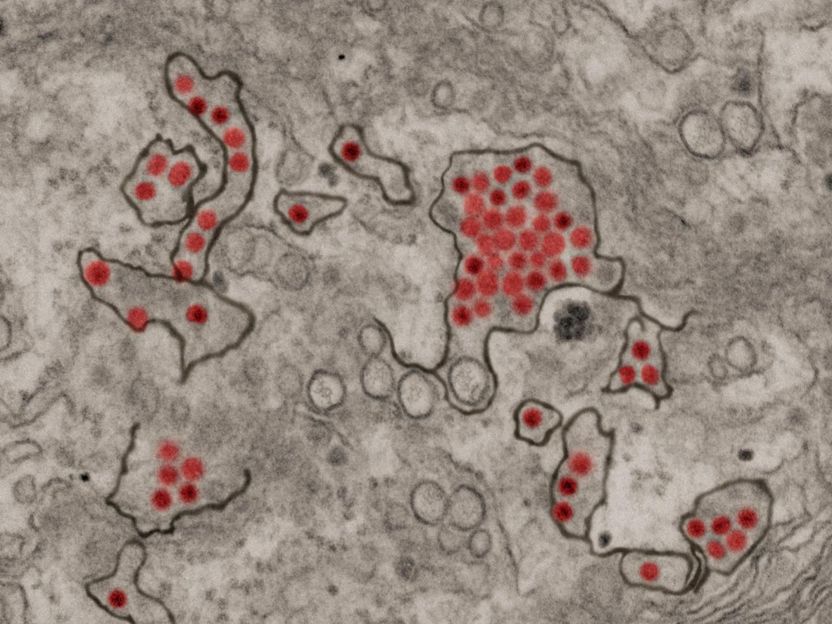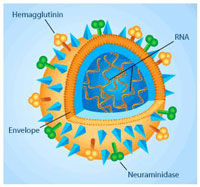Chemists reveal novel biocatalysts for bioactive alkaloid synthesis
alkaloids are natural nitrogen-containing compounds produced by plants and microbes. These molecules, such as morphine and quinine, are important human medicines. Alkaloids are typically polycyclic in nature. While the polycyclic characteristics are important for their bioactivities, these features impede their chemical syntheses in the laboratory and their applications as pharmaceuticals.
Hapalindole-type alkaloids are renowned for potent antimicrobial and antitumor activities. These alkaloids are typically tricyclic and tetracyclic in nature and synthetically challenging to access in the laboratory for drug discoveries.
The group led by Xinyu Liu, an assistant professor of chemistry within Pitt's Kenneth P. Dietrich School of Arts and Sciences, disclosed a novel family of enzymes (protein catalysts) that can direct the biogenetic assembly of the polycyclic scaffolds in the hapalindole-type alkaloids.
Liu and postdoctoral associate Qin Zhu utilized bacterial E. coli as a heterologous host and demonstrated that the proteins encoded by previously uncharacterized U-family genes in several hapalindole pathways are novel cyclization biocatalysts that can morph simple acyclic precursors into three distinct hapalindole scaffolds. Bioinformatic analysis further revealed each hapalindole producer often encodes one or several copies of U genes to direct the divergent assembly of several hapalindoles in the same producers.
Their work provides conclusive evidence on the biochemical basis for the origin of early structural diversity in hapalindole-type natural products. "With the U-family proteins characterized as a novel family of cyclization enzymes, we now have the complete biocatalyst tool sets in hand to synthesize these molecules in our laboratory. After six years of efforts and several groundbreaking works generated from my lab on the biosynthesis of hapalindole-type alkaloids, we finally have a chemoenzymatic platform to advance these remarkable molecules for drug discoveries. It is a great feeling and exciting time for us," said Liu.
Original publication
Most read news
Original publication
Qin Zhu and Xinyu Liu; "Molecular and genetic basis for early stage structural diversifications in hapalindole-type alkaloid biogenesis: WelU- protein-directed regiodivergent assembly of 12-epi-fischerindole U and 12-epi-hapalindole C in welwitindolinone producers"; Chem. Commun.; 2017
Topics
Organizations
Other news from the department science

Get the life science industry in your inbox
By submitting this form you agree that LUMITOS AG will send you the newsletter(s) selected above by email. Your data will not be passed on to third parties. Your data will be stored and processed in accordance with our data protection regulations. LUMITOS may contact you by email for the purpose of advertising or market and opinion surveys. You can revoke your consent at any time without giving reasons to LUMITOS AG, Ernst-Augustin-Str. 2, 12489 Berlin, Germany or by e-mail at revoke@lumitos.com with effect for the future. In addition, each email contains a link to unsubscribe from the corresponding newsletter.
Most read news
More news from our other portals
Last viewed contents
Start of Phase II Study for Intranasal, Seasonal Influenza Vaccine deltaFLU
Sobi receives orphan drug designation for Elocta in Switzerland
BASF to expand its plant biotechnology research into fungal resistance in corn
American_Paint_Horse_Association






















































